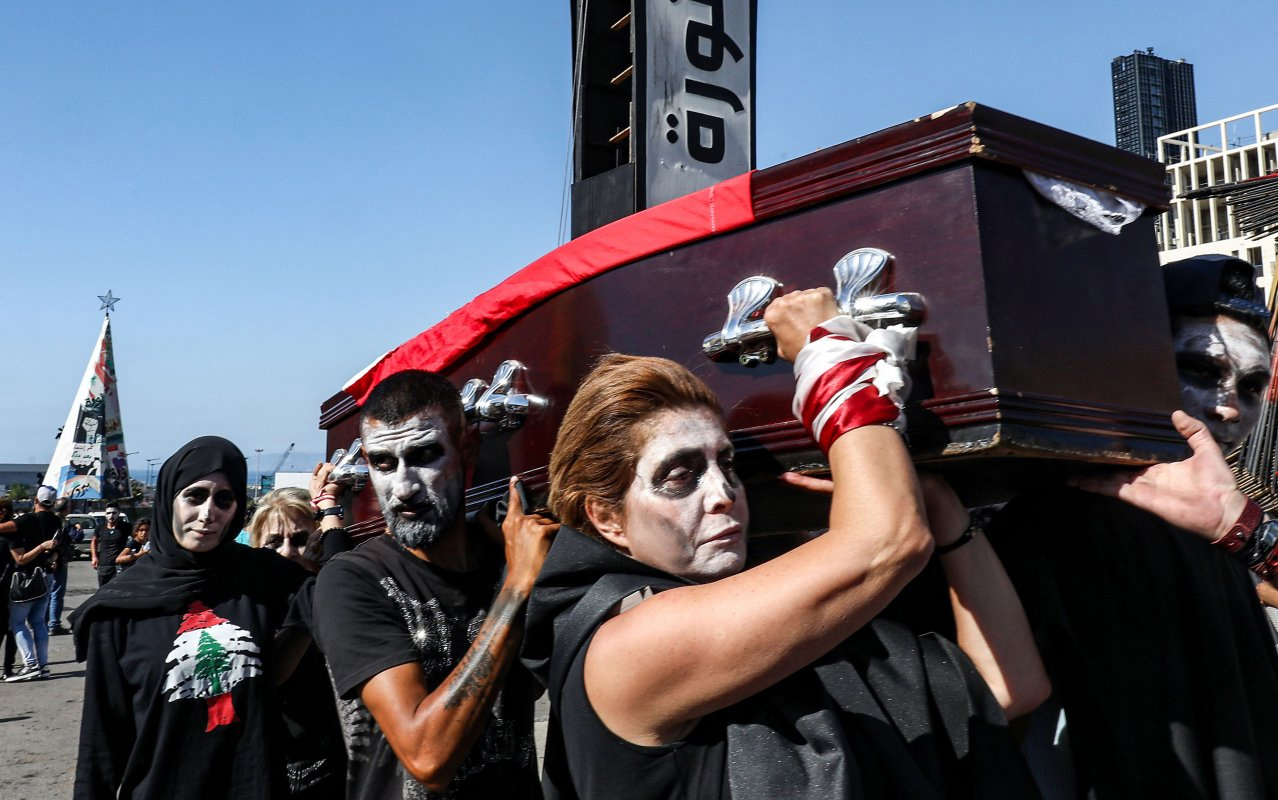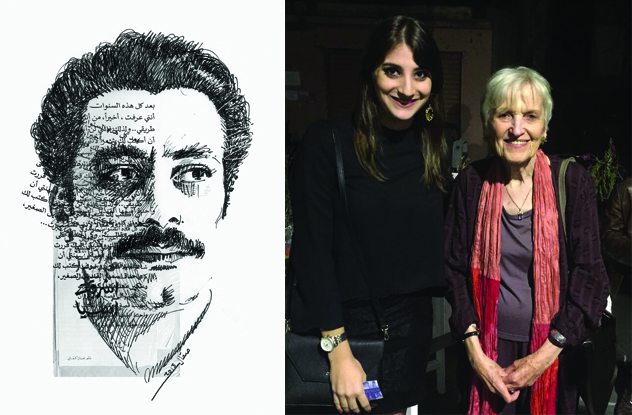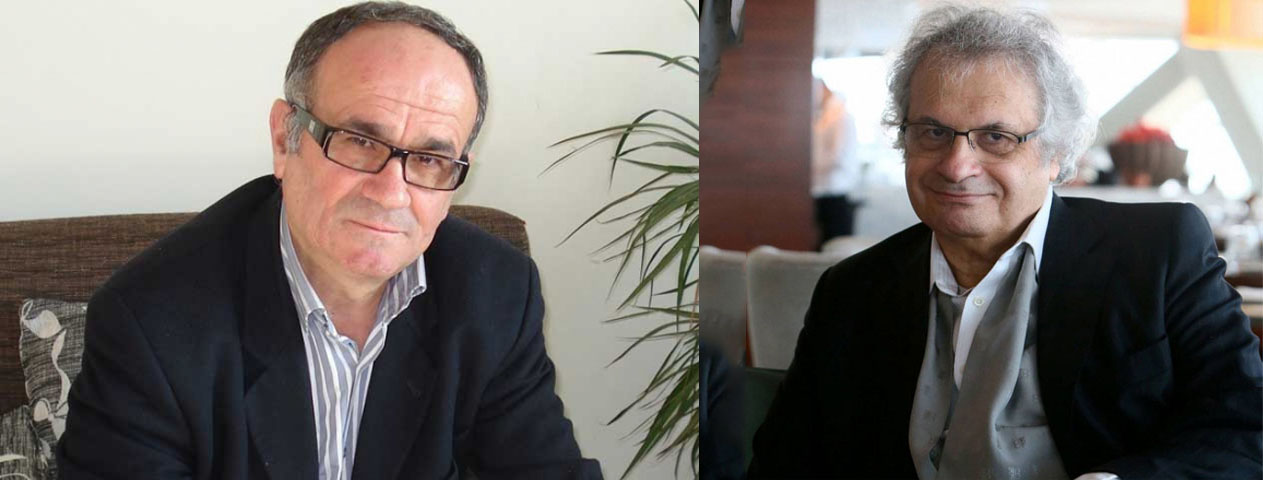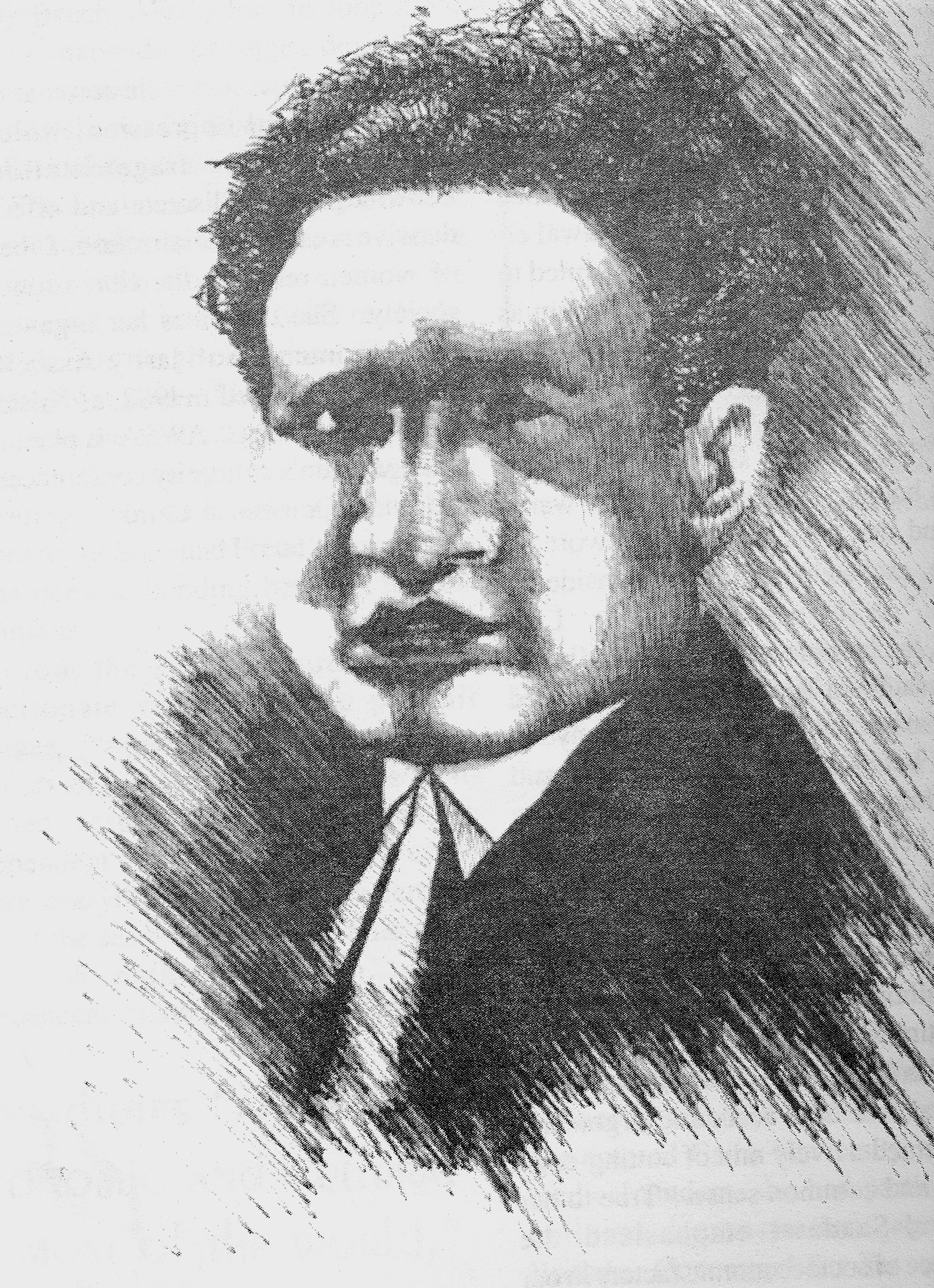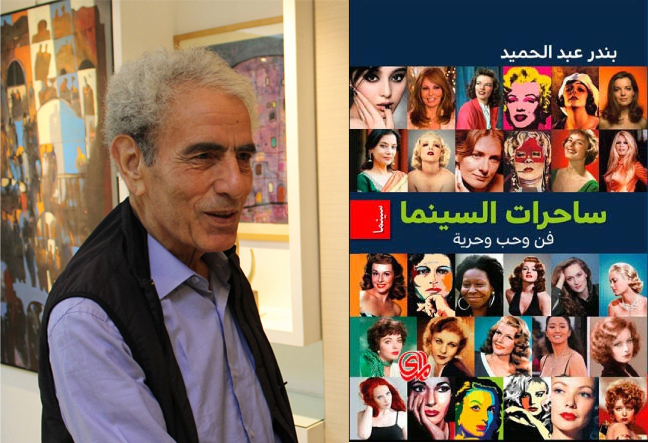The ‘Grand Compromise’ Between Lebanon’s ‘Strong Presidency’ and Iran’s 'Rejectionists' Hastens the Demise of Lebanon’s Economy
In early July, we wrote about two suicides in Lebanon while holding off on a third until we fact-checked it. Subsequently, the Beirut-based Al Modon newspaper wrote about a total of four suicides, including the two reported here. The article’s author deliberately stressed the reasons behind the suicides were not personal, but rather related to deteriorating economic conditions and the loss of dignity.

